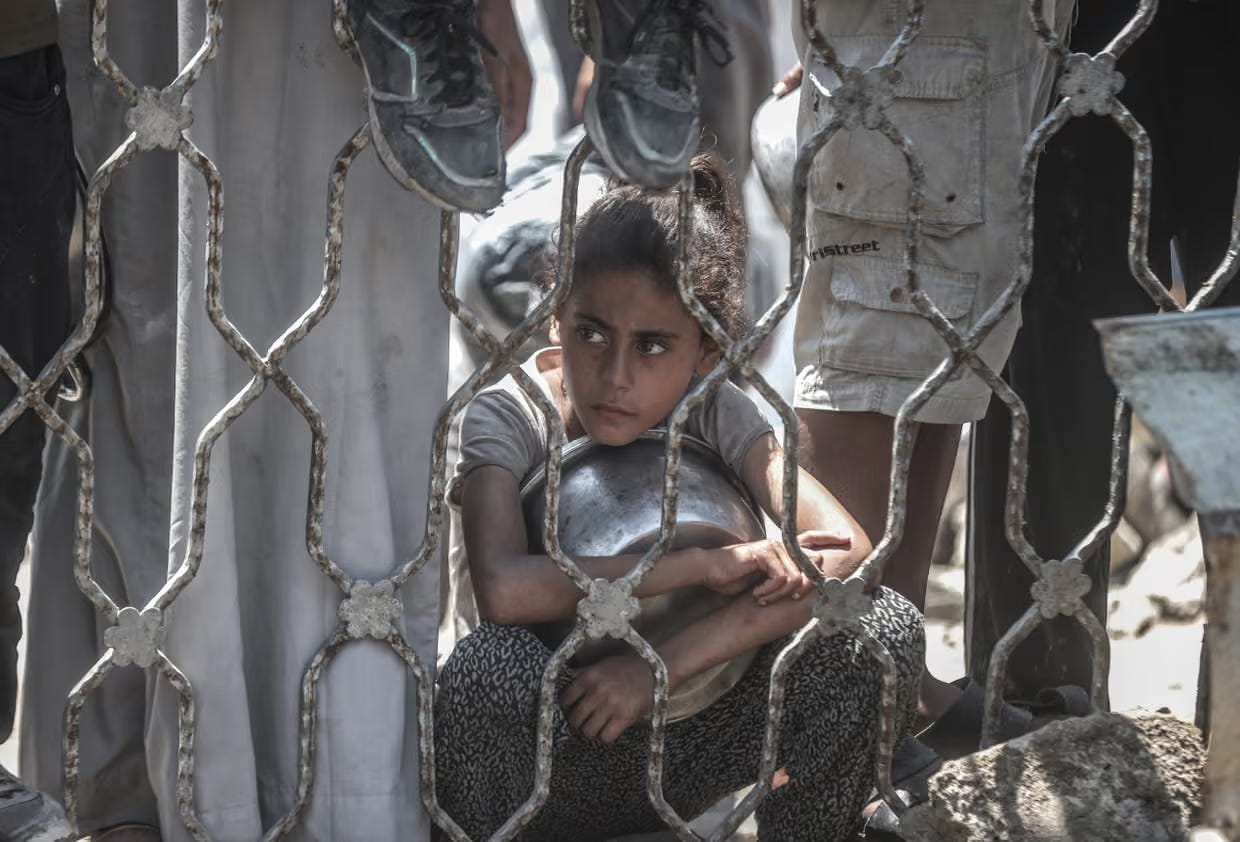When images Trump ideology
For the most television-conscious president in history, television images of dying children in Gaza are forcing a reckoning
Three weeks ago, when Donald Trump hosted Benjamin Netanyahu at the White House, the two men exchanged pleasantries and blamed Hamas for blocking ceasefire negotiations. The president barely mentioned what humanitarian organizations were already calling an unfolding starvation crisis in Gaza.
On Monday, standing beside British Prime Minister Keir Starmer…




